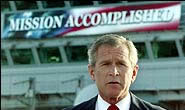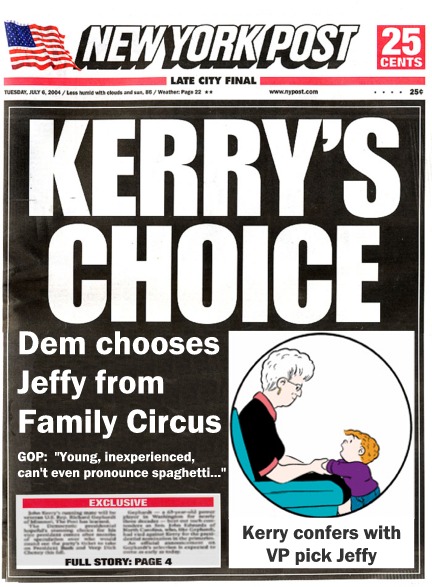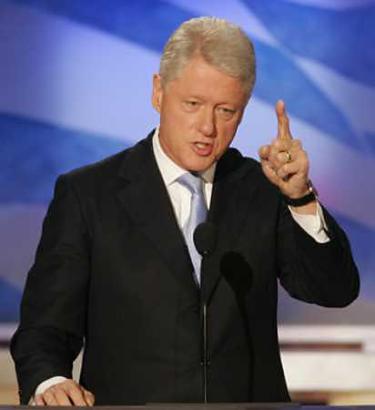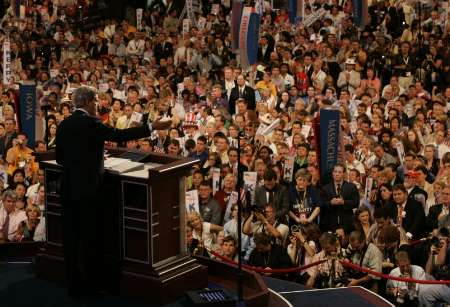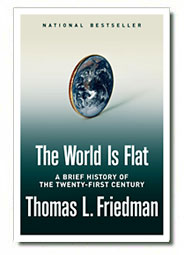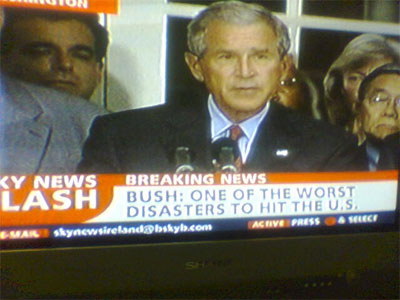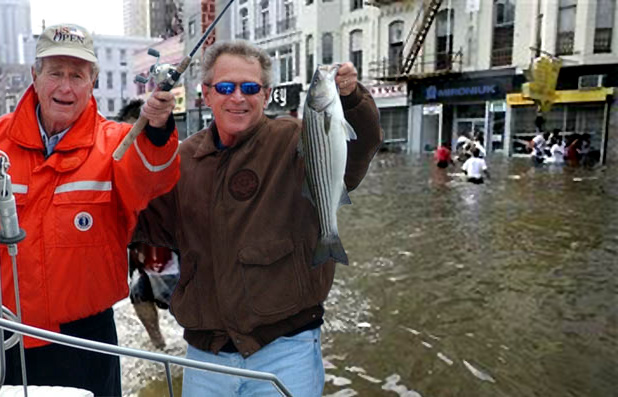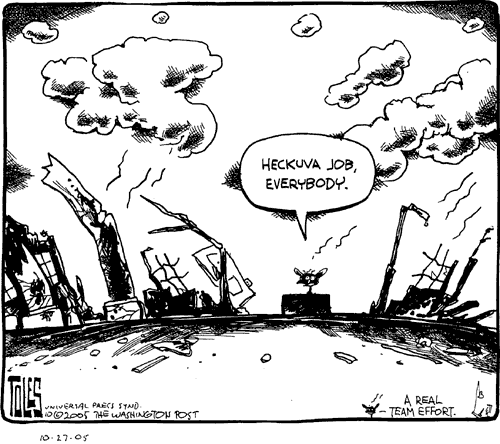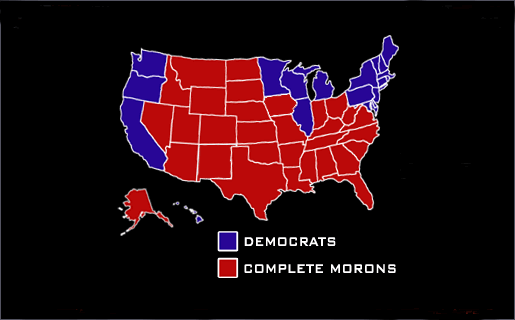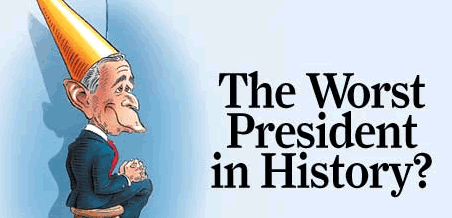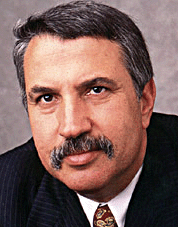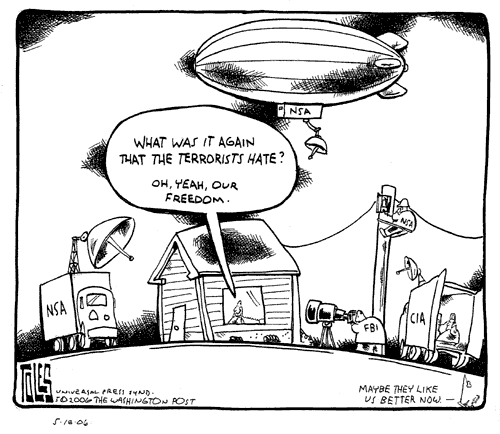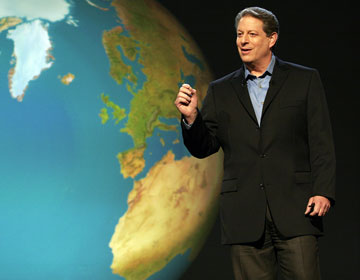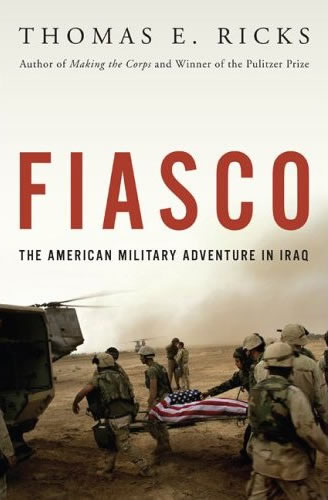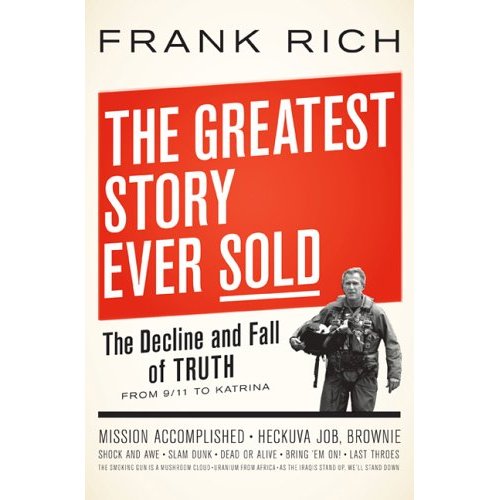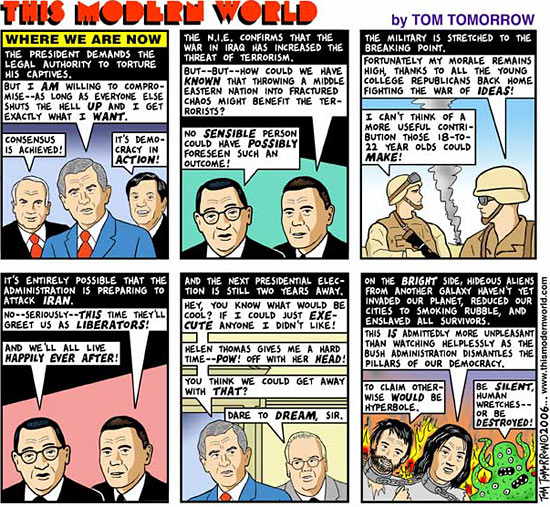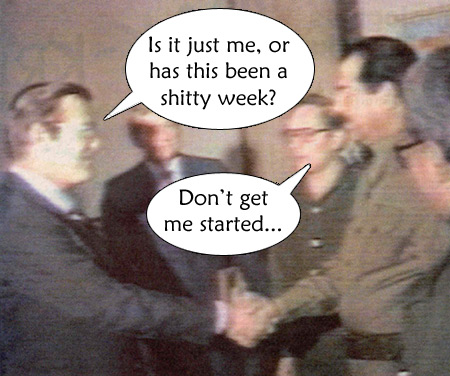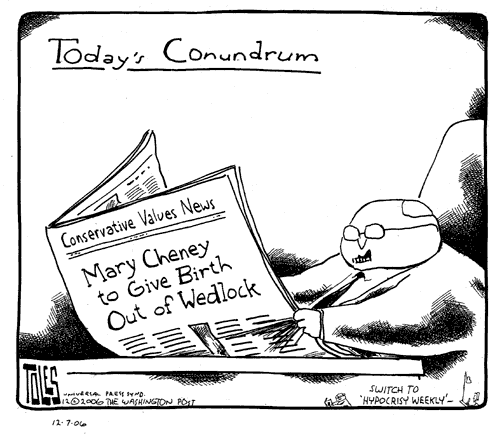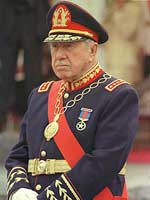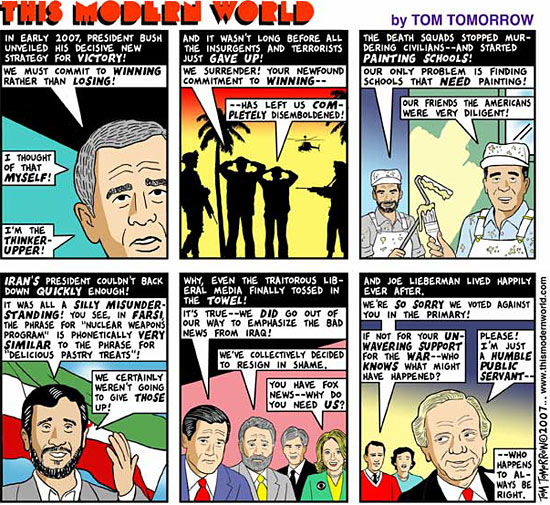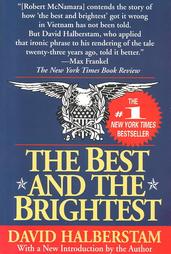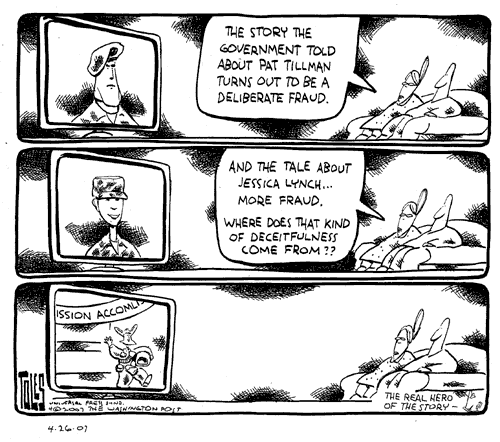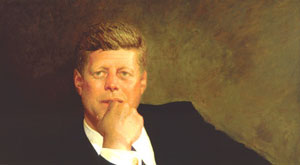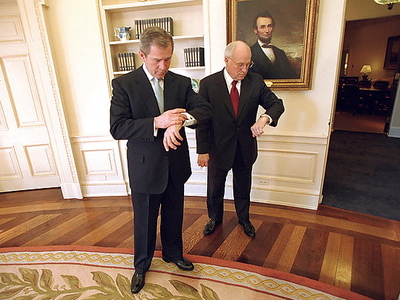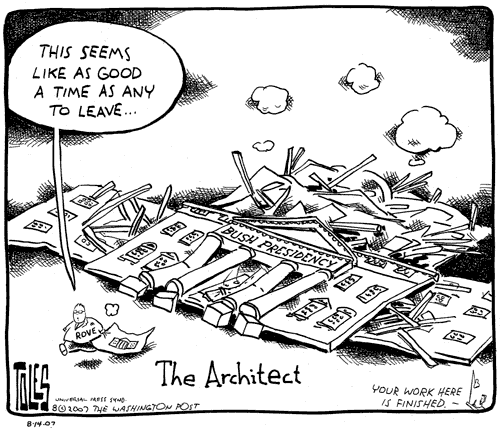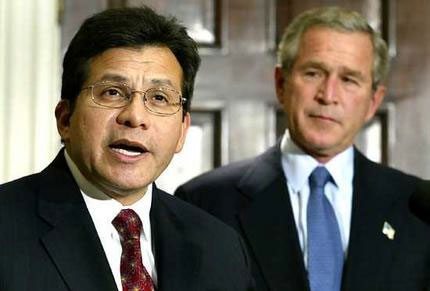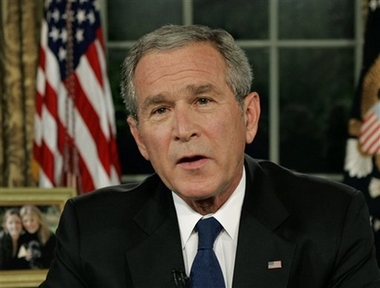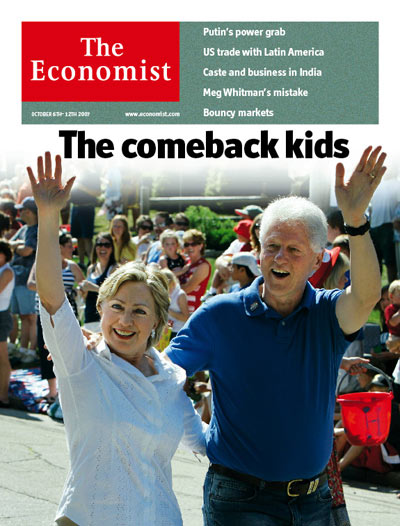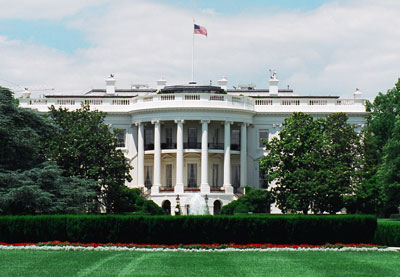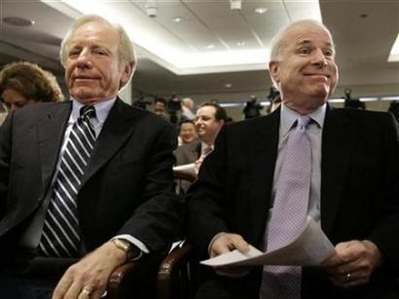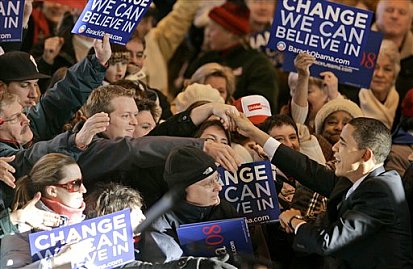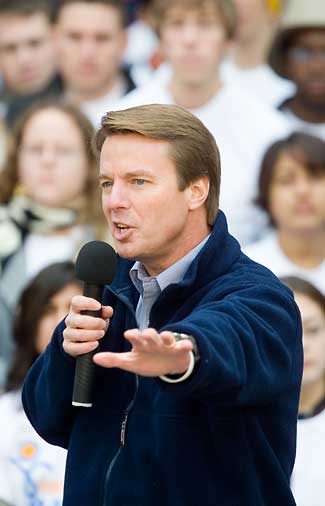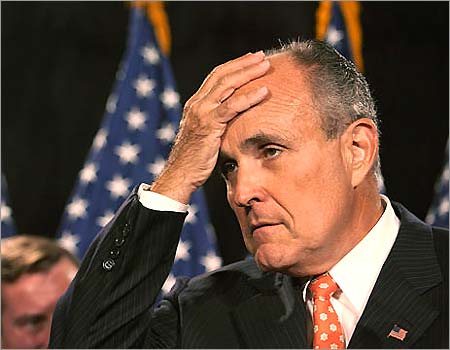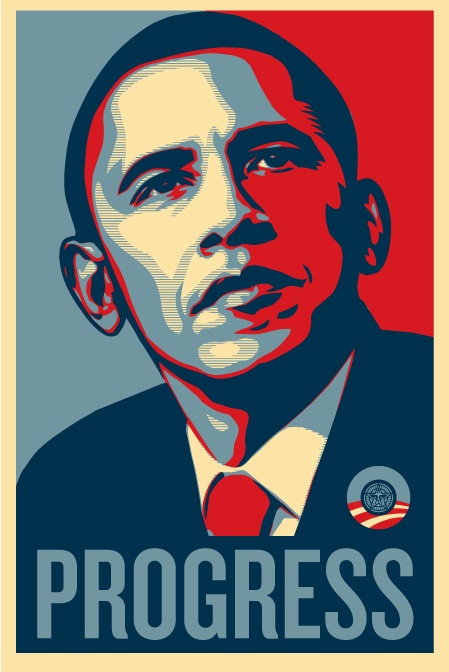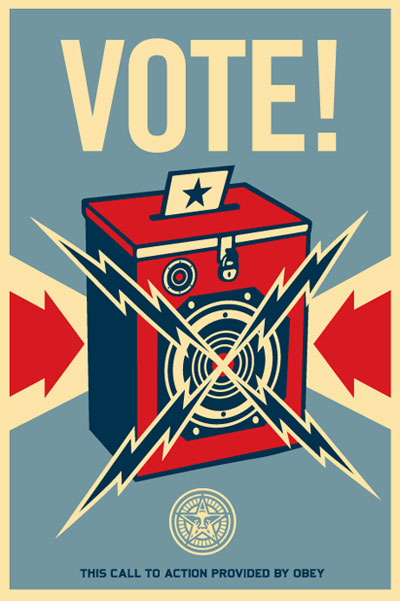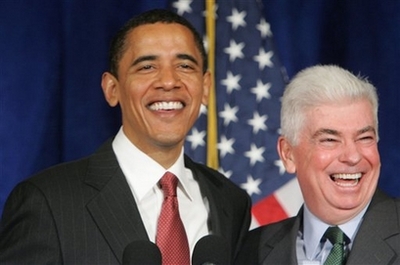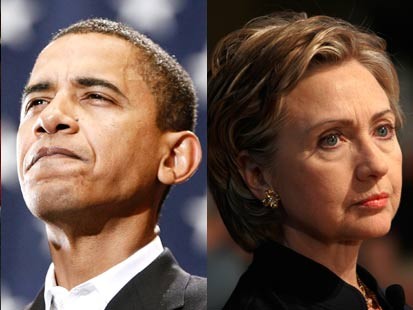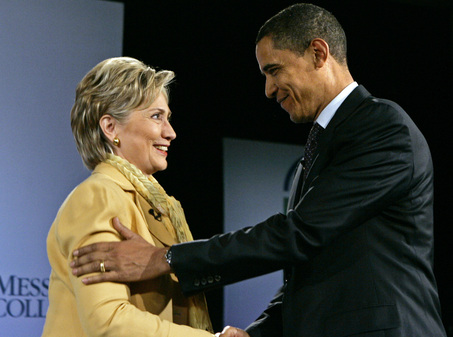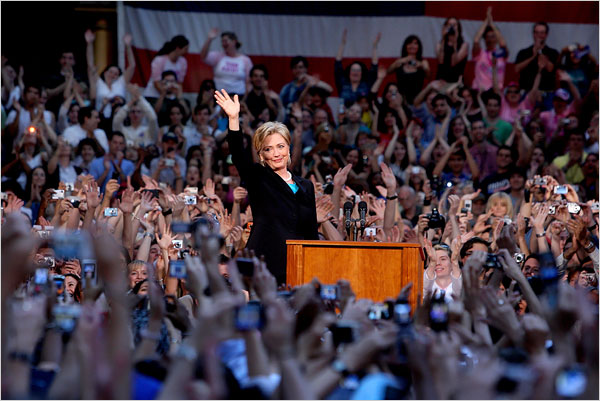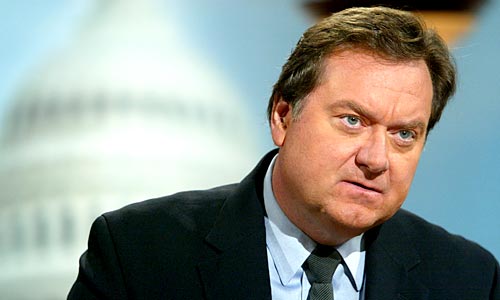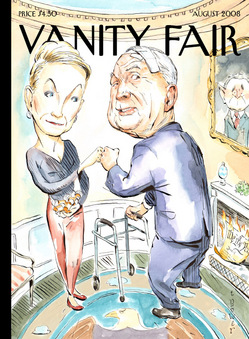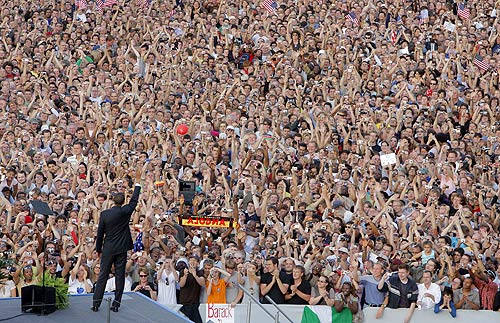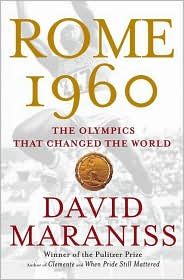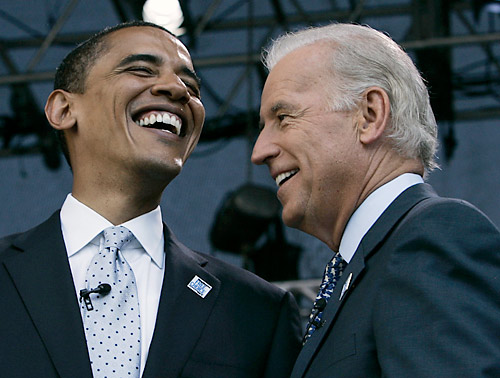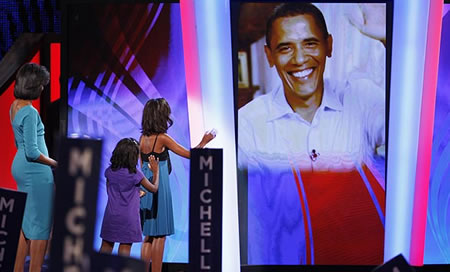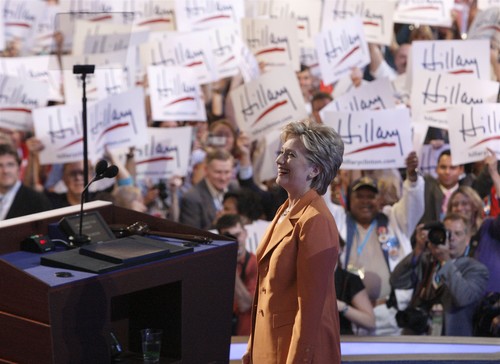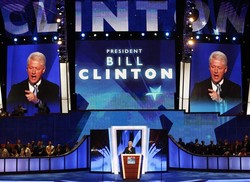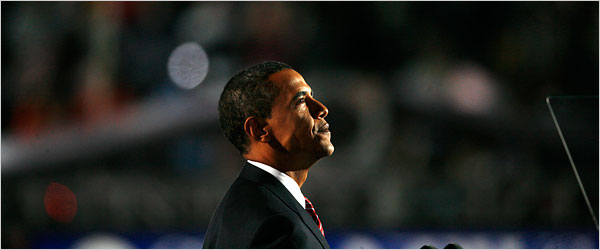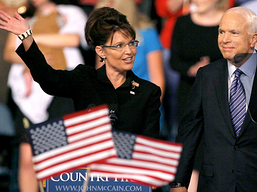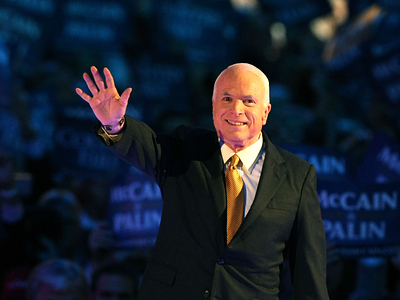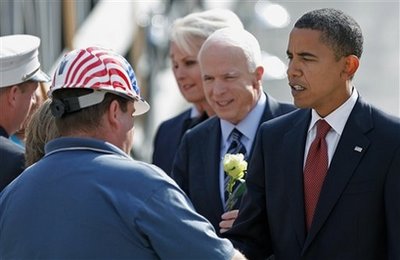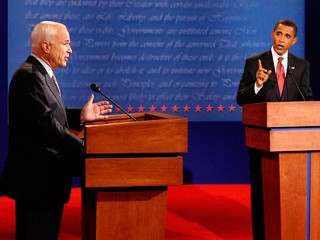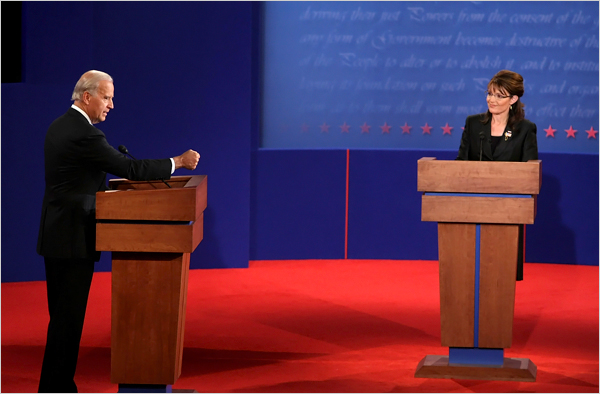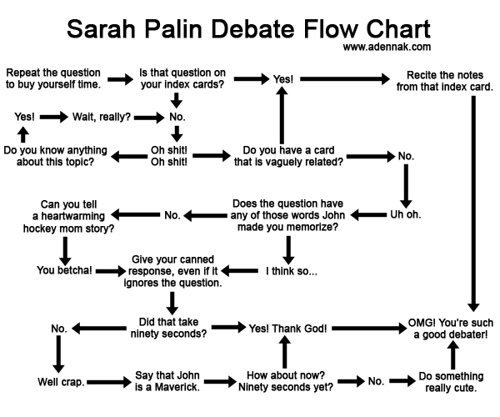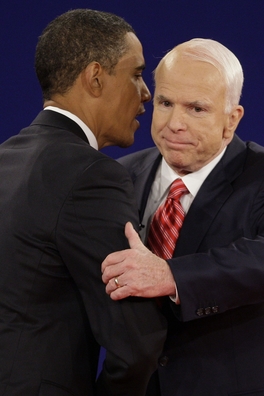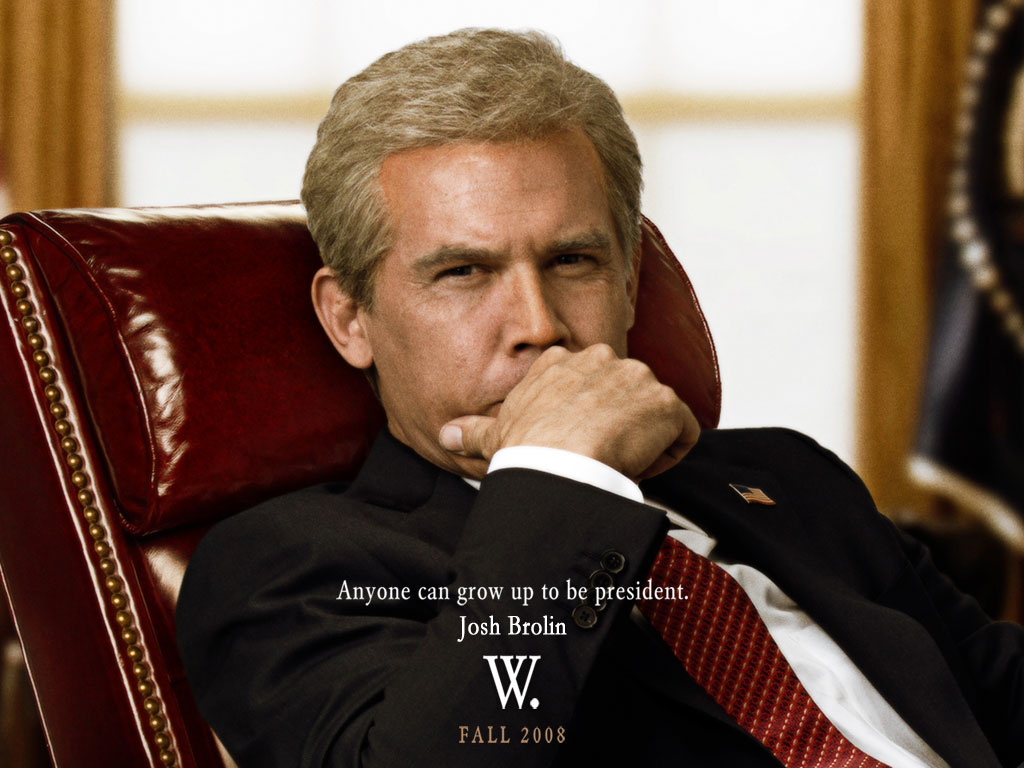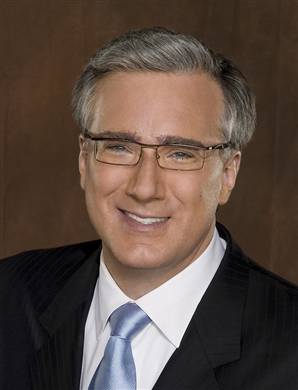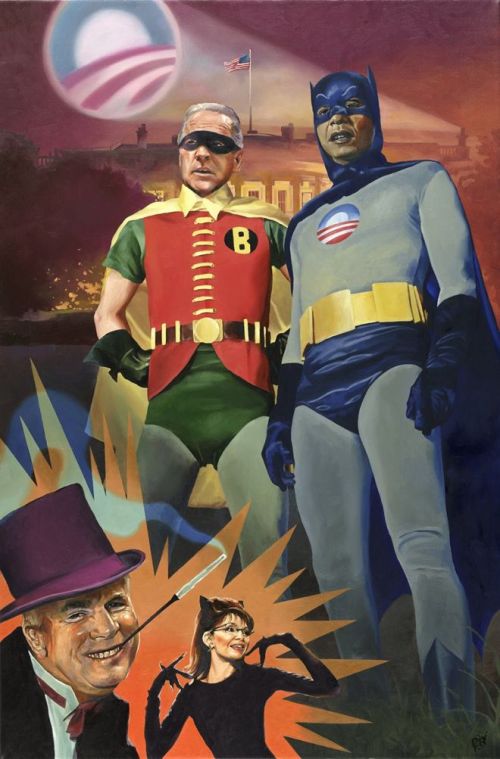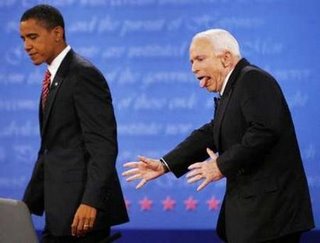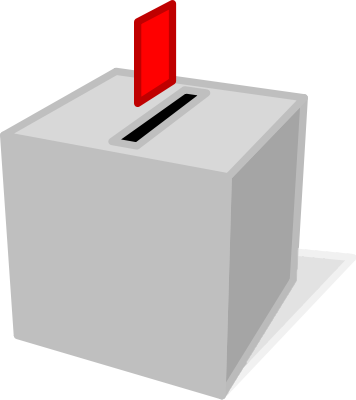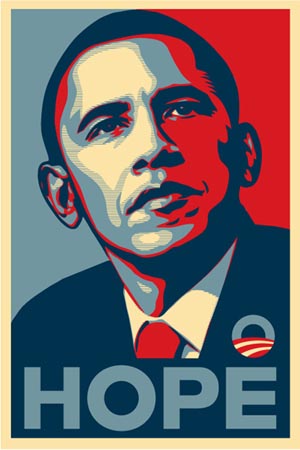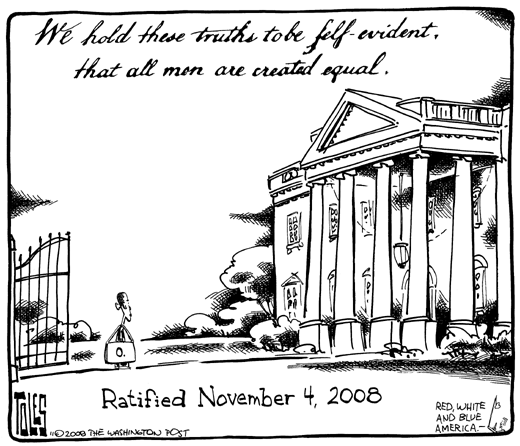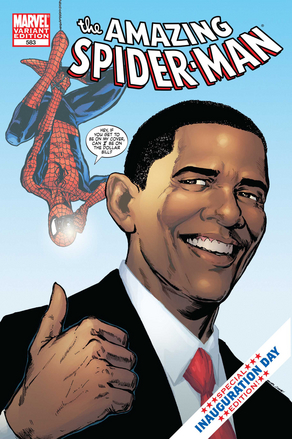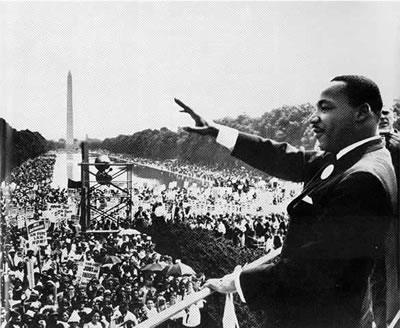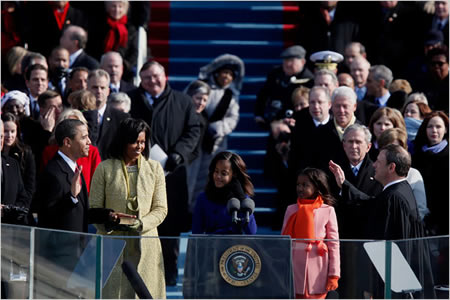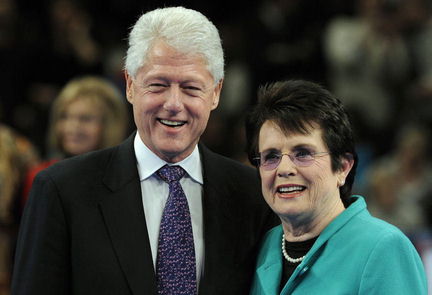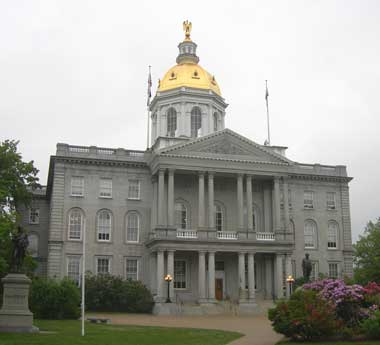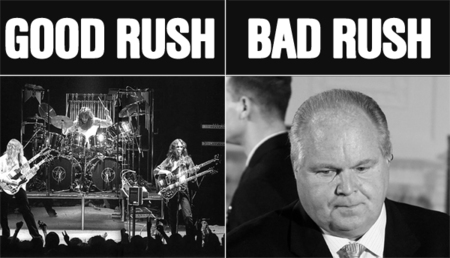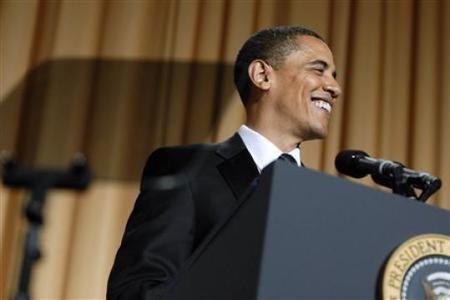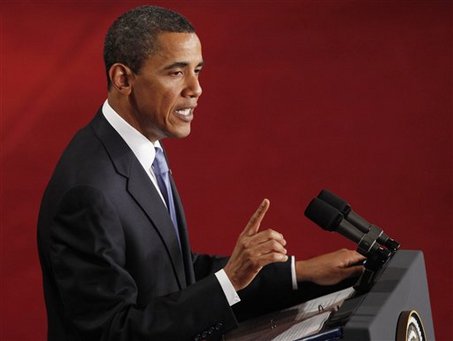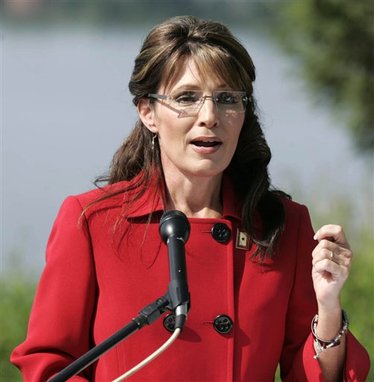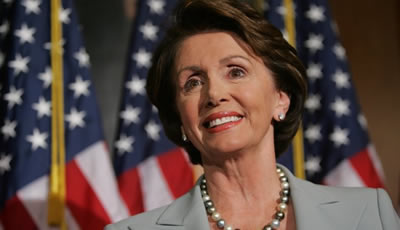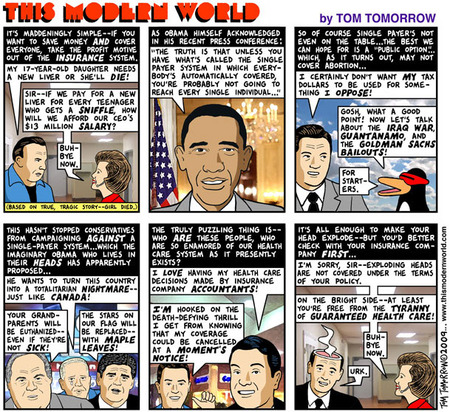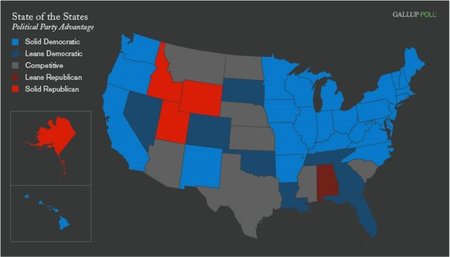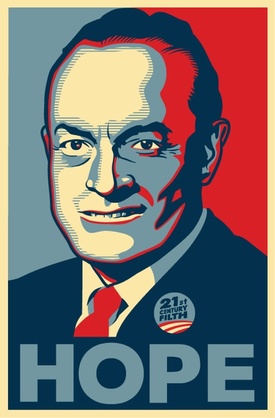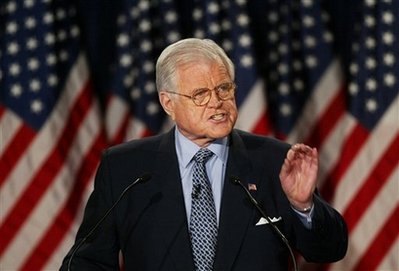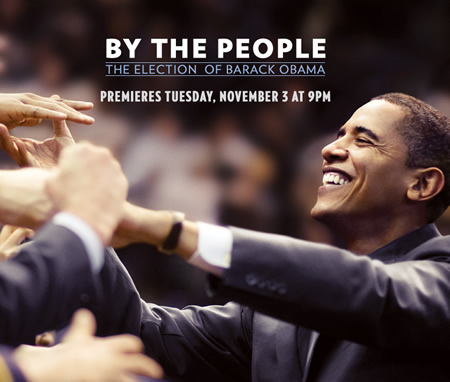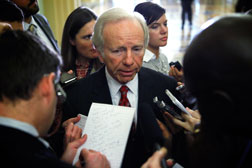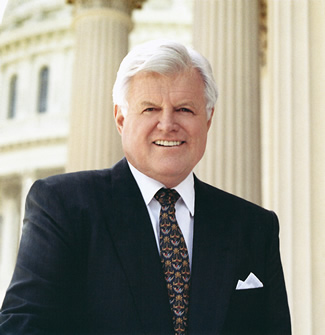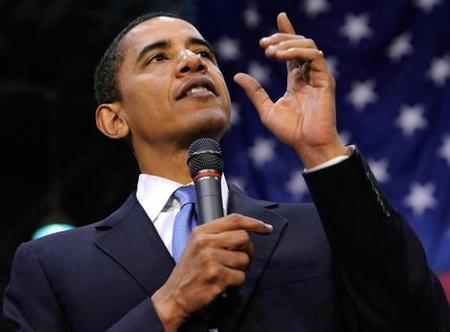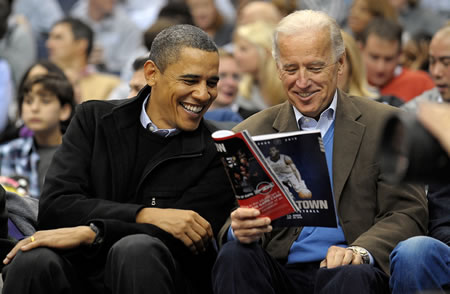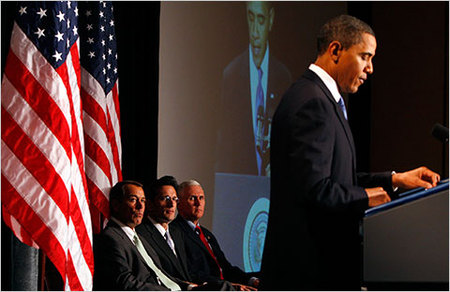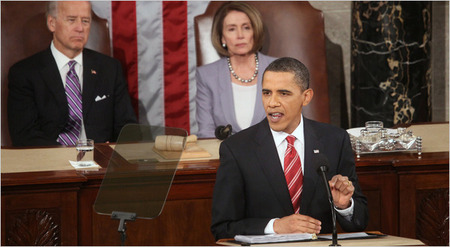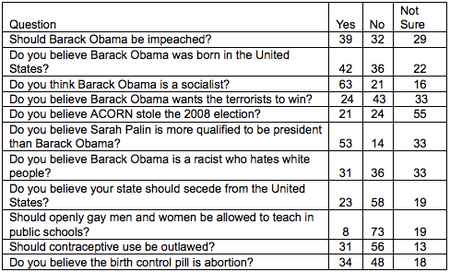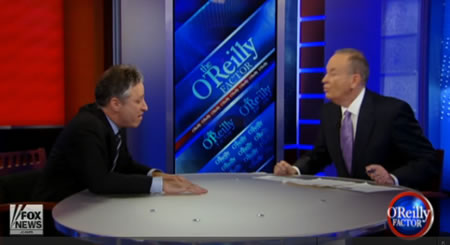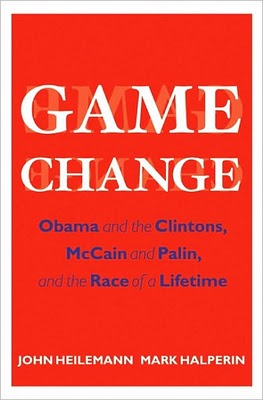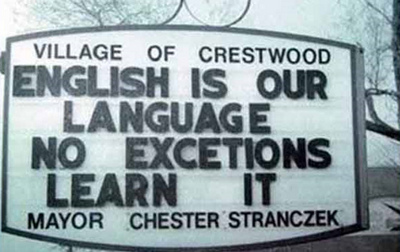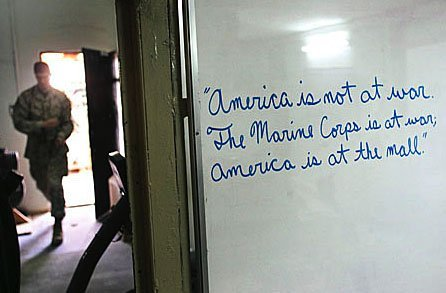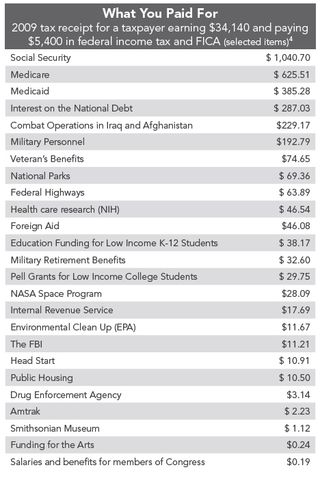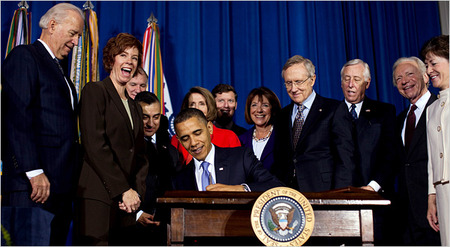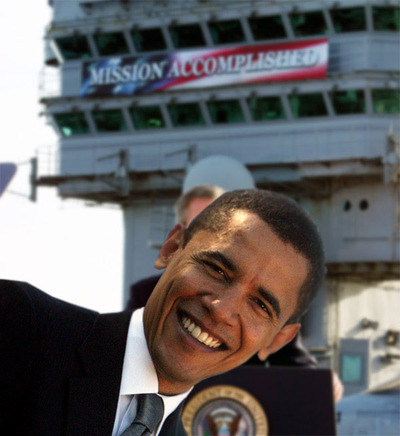Yeah, I know: blogging ought to be more than just cutting and pasting pieces from the Times, but this thoughtful and provocative piece by a member of the paper's editorial board is worthy of sharing:
Reining In Justice Scalia
by Adam Cohen
"You know what I say to those people? That's Sicilian."
—Justice Antonin Scalia
Justice Antonin Scalia has gone too far — and he keeps on doing it.
He made national headlines recently for making a gesture that may or may not be obscene. If it wasn't obscene, it was certainly coarse and undignified.
He recently called those who disagree with his unconventional views of the Constitution "idiots."
His public statements often make him sound more like a political partisan than a judge. He is particularly bad on the subject of Bush v. Gore, the decision that put President Bush in the White House, a low point in the Supreme Court's history that Justice Scalia should not be pulling down any lower.
Worst of all, Justice Scalia refuses to abide by the basic principles of recusal, the law that forbids judges from hearing cases in which they are not impartial, or will not be viewed as impartial. A few weeks ago, he took part in a case involving the rights of detainees after making inflammatory statements that seriously called his fairness into question.
Justice Scalia is certainly hurting his own reputation. After one of his ethical lapses involving Vice President Dick Cheney, Jay Leno joked on "The Tonight Show" about an "embarrassing moment" when Mr. Cheney visited the White House — "Security made him empty his pockets and out fell Justice Antonin Scalia!"
More important, Justice Scalia's actions are damaging the reputation and moral authority of the Supreme Court. Not since Abe Fortas and William O. Douglas stirred up controversy in the 1960's and 70's has there been a justice whose personal conduct has done as much to diminish the court's reputation.
The rate of Justice Scalia's disturbing words and deeds is increasing — now, it seems, he can be counted on to embarrass the court publicly roughly every few weeks. There is debate among court-watchers about why this is happening. But whatever the reason, Justice Scalia needs to be reined in.
If he will not police himself, his colleagues and Congress should do it, to protect the dignity of the court, and to ensure that the parties before him get a fair hearing.
I. Injudicious Public Statements
There is a long tradition of Supreme Court justices speaking at law schools, and in other public forums. In general, this is a good thing. The American people should be able to see their justices up close, and learn their views about the law, and the justices should get out of the monastic world of the court and interact with real people.
It is critical, though, that the justices uphold the court's integrity and independence. Alone among his Supreme Court colleagues, Justice Scalia seems indifferent to this basic point.
His most recent major blow-up occurred in a Boston church. After he was asked about the impact of his religion on his judicial decisions, Justice Scalia placed his fingertips under his chin and flicked them outward. The Boston Herald reported that the gesture was obscene. Justice Scalia wrote a letter to the editor insisting that it was merely an Italian way of indicating, roughly, "I could not care less."
Whether the gesture was obscene is subject to debate. The Philadelphia Inquirer surveyed residents of South Philly, and found opinion divided. Some Italian-Americans said the gesture simply meant "fuggeddaboutit," while others said it was vulgar. Sonny D'Angelo of D'Angelo Brothers butcher shop told the paper that he was brought up to regard it as obscene, adding that "My father would go berserk if I used that gesture."
The photographer who took a now-famous picture of the gesture, Peter Smith, a Boston University assistant photojournalism professor, said that when Justice Scalia made the gesture he also uttered an obscenity in Italian.
In February, speaking to a meeting of the conservative Federalist Society, Justice Scalia dismissed those who believe that the Constitution is a living document that evolves over time. "You would have to be an idiot to believe that," he said. Among the people who are "idiots" by Justice Scalia's formulation: the vast majority of constitutional law professors, and most of his colleagues on the Supreme Court, who continually reaffirm their belief in a living Constitution.
In a speech at the University of Fribourg in Switzerland on March 8, Justice Scalia was even more off-base. On the subject of whether detainees captured in war should be given a jury trial in civil court, he said "Give me a break," even though closely related questions were at issue in Hamdan v. Rumsfeld, which was headed to the Supreme Court in a matter of weeks.
The loose cannon keeps on firing. On April 12, during a visit to the University of Connecticut, Justice Scalia said of his decision not to recuse himself from a case involving Vice President Dick Cheney, which he participated in after going on a hunting trip with Mr. Cheney, "I think the proudest thing I have done on the bench is not allow myself to be chased off that case." Justice Scalia's decision was widely criticized by commentators, lawyers, and law professors, including some of the nation's leading experts on judicial ethics. It is bizarre that he would call it his proudest accomplishment on the bench.
II. Refusing to Recuse
Justice Scalia has refused to follow the law on recusals, participating in cases where his impartiality has been seriously called into doubt.
The law of recusal is clear. Supreme Court Justices are bound by a federal statute The Supreme Court has emphasized that the law should be read broadly to avoid "even the appearance of impropriety."
Justice Scalia failed to do this in two important, and highly political, cases.
The first was a lawsuit by the Sierra Club and Judicial Watch against Vice President Dick Cheney, seeking to learn the identity of members of a secret energy task force he met with early in President Bush's first term. Critics of the administration have long suspected that those meetings were a forum for oil companies, and other powerful corporations, to shape the administration's energy policies. The court decided the case in June, 2004, in the middle of President Bush and Mr. Cheney's re-election campaign.
Shortly before it was argued, Justice Scalia went on a small hunting trip with Mr. Cheney, who was an old friend. The two men flew down to Louisiana together on Air Force Two, and hunted together.
The Sierra Club filed a motion asking Justice Scalia to recuse himself from Mr. Cheney's case. Justice Scalia, refused and then voted in Mr. Cheney's favor.
When he decided not to remove himself from the case, Justice Scalia wrote a 21-page memorandum setting out his position. It is thoroughly unconvincing, as Hofstra Law School professor Monroe Freedman, who is one of the nation's leading legal ethics experts, explained in "Duck-Blind Justice: Justice Scalia's Memorandum in the Cheney Case," in the Georgetown Journal of Legal Ethics.
The memo is filled with specious arguments. Justice Scalia acknowledged that friendship between a judge and a party to a lawsuit can be grounds for recusal. But he argued that this was mainly true when the party is sued in his personal capacity. In a case where a friend is sued in his official capacity, according to Justice Scalia, a judge only needs to recuse himself when the party's "reputation and integrity" are at stake. In the case before him, Justice Scalia wrote, Mr. Cheney was being sued in his capacity as chair of the Energy Group, in what was a "'run-of-the-mill' dispute about an administrative decision."
The argument is hard to take seriously. The energy task force lawsuit was anything but run-of-the-mill. Mr. Bush and Mr. Cheney's political opponents were using the task force as a political weapon in the 2004 election, and if Mr. Cheney had been forced to reveal who had attended meetings, it might well have produced information that would have shown up in political attack ads. Justice Scalia seemed to be suggesting that if Mr. Cheney, an extremely wealthy man, were being personally sued for a small amount of money, he would have recused himself, but that this suit was so much less important to Mr. Cheney that recusal was unnecessary. That makes no sense at all. It is hard to believe Justice Scalia could have convinced a judge to accept his argument, but fortunately for him, he only had to persuade himself.
Justice Scalia's memo has other serious flaws. He accepted a free ride for himself and two family members on Air Force Two from Mr. Cheney right before hearing the case. Taking things of value from one of the parties to a case is the most basic conflict for a judge. But Justice Scalia dismissed objections with the most clichéd defense of bribe-takers — that it was absurd to think he could be "bought so cheap." In fact, the value of three luxury plane rides is not insubstantial at all compared to the salary of a Supreme Court Justice.
Professor Freedman noted in his article that 8 of the 10 largest-circulation newspapers (including this one) ran editorials calling for Justice Scalia's recusal, as did 20 of the top 30, and none argued against it. "Unless we are to believe that all these editorialists are unreasonable people," Professor Freedman wrote, "the conclusion is inescapable that a reasonable person might question Scalia's impartiality in the case." A few weeks ago, Justice Scalia again participated in a case in which many reasonable people questioned his impartiality — because of his own comments. In his University of Fribourg appearance, he was quoted saying that "War is war, and it has never been the case that when you captured a combatant you have to give them a jury trial in your civil courts." As Tony Mauro, a veteran Supreme Court reporter, has pointed out, that seemed to directly prejudge a case he was to hear a few weeks later, Hamdan v. Rumsfeld, in which an alleged Al Qaeda member captured in Afghanistan was challenging the use of military tribunals to try detainees held in Guantanamo.
Justice Scalia made things worse by saying, in the same discussion, "I had a son on that battlefield, and they were shooting at my son." The strong suggestion was that he was connecting the question of what rights detainees have to the danger posed to his son Matthew, who was an Army captain in Iraq. A group of retired generals and admirals who filed a friend-of-the-court brief on behalf of Mr. Hamdan asked Justice Scalia to recuse himself. He refused. At oral argument, according to Mr. Mauro's account, Justice Scalia at times "appeared to take over [the government's] ... argument," doing battle with the justices who appeared most sympathetic to Mr. Hamdan.
Justice Scalia clearly does not like the recusal law as it exists in the statute books—and he seems intent on replacing it with a more forgiving standard of his own creation. At his University of Connecticut appearance, when he was asked about the Cheney case, he replied, "For Pete's sake, if you can't trust your Supreme Court justice more than that, get a life." But Justice Scalia, who is so critical of liberal judges for making up legal standards, has made up his own standard here. If he had fairly applied the one in the statute, he would have removed himself from the case.
III. Justice Scalia, Political Partisan
Justice Scalia speaks, frequently, as an undisguised right-wing ideologue. In his University of Fribourg appearance, he was quoted saying, about President Clinton's false statements in the Monica Lewinsky matter, "we really don't like our presidents fooling around in the Oval Office." The questioner was asking about the dishonesty of American presidents, but Justice Scalia sounded like a right-wing talk show host in his response. He was certainly not giving a legal answer to the question, since the articles of impeachment against President Clinton were for perjury and obstruction of justice, not sex in the White House.
His comments about Bush v. Gore have also been strikingly political in tone, which is particularly unfortunate given the black mark the case has already made on the court's reputation. In the same Fribourg appearance, again according to the Washington Post, Justice Scalia said on the subject of Bush v. Gore, that if all of the votes that Democrats had wanted counted were indeed counted, "They would have lost anyway." The important point is that no one will ever know who would have won if all of the votes had been counted, and the Supreme Court ordered the vote counting stopped. He was also quoted as saying, "Oh God. Get over it," as if there were a statute of limitations for raising questions about the legitimacy of Supreme Court rulings.
In the Supreme Court, the case broke down sharply along partisan lines, with the five conservative justices voting for George W. Bush, and the four liberals dissenting. But Justice Scalia rejected charges that the court had approached the case in political terms while at the same time stating, outrageously, that the Florida Supreme Court judges had been politically motivated when they ordered that more votes be counted. The Supreme Court's prestige was sorely tested in Bush v. Gore, when it had to resolve a deeply divisive dispute over who had rightfully been elected president. The reason the court's decision was accepted, though — by an electorate that had cast 500,000 more of its votes for Mr. Gore than Mr. Bush — is that it was regarded as a legal decision, not a political one. Justice Scalia's discussion of the case undermines the public's faith in the decision, and the court.
IV. Why Is He Doing This?
There is no way to know why Justice Scalia has been acting in a way that has been so injurious to his own reputation, and the reputation of the court.
It may simply be a product of his booming self-confidence, in his intellectual ability and his moral vision. He may simply be speaking his mind because he feels he can.
Some court-watchers have conjectured that Justice Scalia may have been motivated by a deep desire to be appointed Chief Justice. He may have curried favor with Vice President Cheney before the election in the hope that it would help him to be nominated. And Justice Scalia may be speaking out now because he feels that, with a new Chief Justice, John G. Roberts, who is much younger than he is, he has nothing left to lose.
Justice Scalia, for his part, has been quoted saying that he has been on something of a public relations kick. "My kids have been working on me to get out and do more public appearances," he told a reporter from the New York Daily News last year. "They think it makes it harder to demonize you — and I agree." He may want to reassess his strategy.
In the end, why he is doing it doesn't matter that much. Getting him to stop matters a lot.
V. What Is to Be Done?
If Justice Scalia keeps making outrageous statements, and violating recusal law, at his current pace, it will do serious damage to the Supreme Court.
The simplest solution would be for Justice Scalia to begin policing himself. Unfortunately, he seems convinced that he is above reproach, despite all of the reproach he has received.
The next obvious place to look for corrective action is Justice Scalia's colleagues on the court. The Supreme Court has always jealously guarded its prerogatives when it comes to setting its own rules — Justice Anthony Kennedy recently told Congress that the Supreme Court, not Congress, should decide if its proceedings are televised. But with that assertion of authority comes responsibility.
Chief Justice Roberts, and perhaps other members of the court, should persuade Justice Scalia to give up his unseemly public utterances, and to recuse himself from cases when the law indicates that he should.
If Justice Scalia keeps flouting basic recusal principles, the court should consider changing its rules. Currently, justices are the only federal judges who are allowed to decide on their own whether to recuse themselves. There is an inherent illogic in allowing a judge to be the final word on his own impartiality — if they are so biased that they cannot hear a case, they may well be too biased to decide if they are too biased. But it is a system that works only if justices do their utmost to be fair to the arguments for recusal.
The court could decide to allow the justices as a whole, or an alternating panel of three justices, to rule on recusal motions aimed at their colleagues. Such an approach would have its own problems — conceivably, justices in one ideological camp could vote to recuse their ideological opposites to affect the outcome of a case. But if individual justices abuse their right to decide their own motions, such a change would be an improvement.
Finally, Congress should be doing more. Respected members from both parties should speak out when Justice Scalia makes outrageous comments, and make it clear that better is expected of him.
They should also reconsider the rules of recusal. Congress could amend the federal recusal statute to require that the whole Supreme Court, or a panel of justices, rule on recusal motions. Short of amending the law, some pointed criticism from members of Congress, particularly on the Republican side of the aisle, could encourage Justice Scalia to do better in ruling on his own recusal motions.
More than any modern justice, Justice Scalia seems intent on presenting himself to the world as an outspoken champion of conservative values. But conservatives are people who believe in respecting and preserving existing institutions. There is nothing conservative about diminishing a great institution like the Supreme Court by making inflammatory and partisan off-the-bench statements and ignoring the rules of ethical judging.
